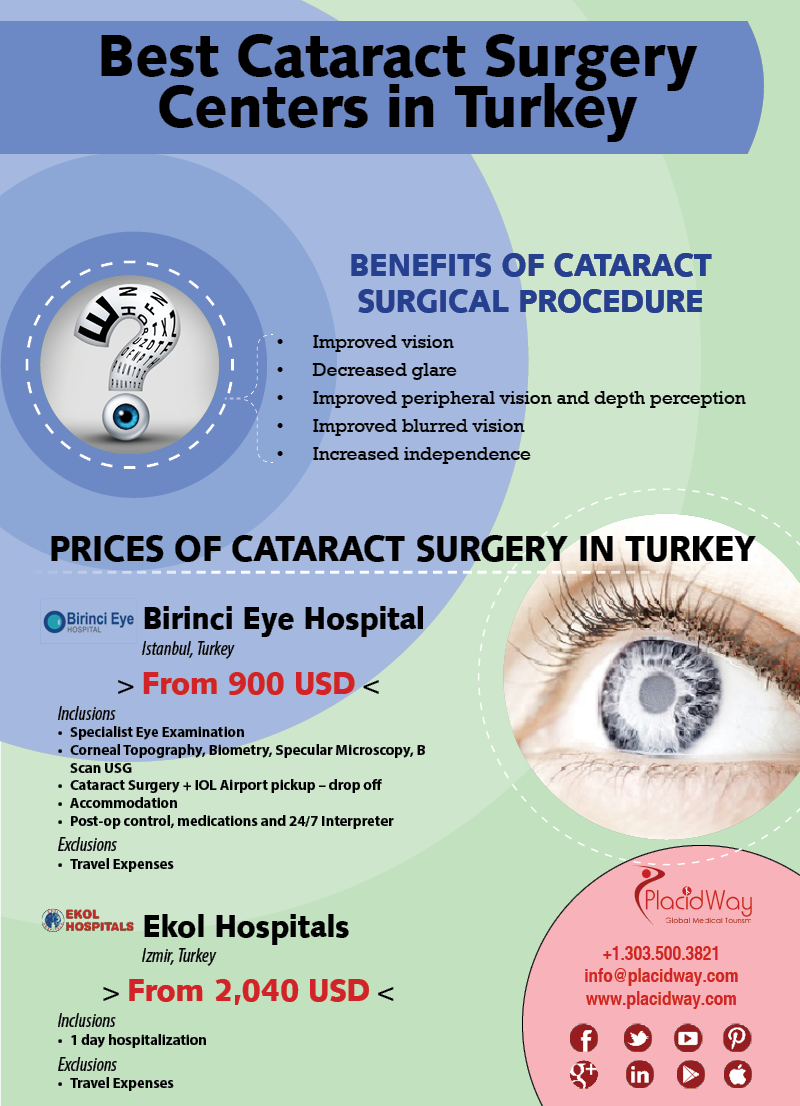Dry Eye Diagnosis: When To Consult An Eye Doctor Or An Eye Doctor

Posted By-Grady Langballe
Dry eye signs and symptoms can be discouraging and uneasy. Optometrist Assistant Omaha could question if you ought to see an optometrist or an eye doctor for relief. Eye doctors usually manage light to moderate instances with efficient therapies. However, if your signs and symptoms persist or intensify, it might be time to consider a professional's treatment. Recognizing https://www.medgadget.com/2019/10/lasik-eye-surgery-market-top-leaders-overview-with-growth-share-size-global-trends-key-enhancement-and-demand-across-the-globe-by-2022.html for your scenario is vital-- so what variables should you take into consideration prior to making that visit?
Comprehending Dry Eye Effects
Have you ever before experienced a relentless sensation of dry skin in your eyes? This discomfort can be more than simply an inconvenience; it typically signals a typical problem called completely dry eye.
You might discover inflammation, itching, or a gritty sensation, making it difficult to concentrate. Occasionally, your eyes might also water exceedingly as they attempt to make up for the absence of wetness. You could also experience obscured vision, especially after long term display time.
Recognizing these signs is critical for handling dry eye properly. Factors like prolonged display usage, environmental irritants, and certain medications can exacerbate these sensations.
Function of Optometrists in Dry Eye Monitoring
Eye doctors play a vital function in taking care of completely dry eye, serving as your key resource for diagnosis and therapy. They begin by reviewing your signs and symptoms and carrying out extensive eye evaluations to identify the underlying causes of your discomfort.
With their proficiency, they advise customized therapy plans, which might consist of synthetic splits, prescription drugs, or lifestyle alterations. Eye doctors also educate you on appropriate eye care practices to aid ease signs.
If your problem requires more specialized attention, they'll refer you to an ophthalmologist. Routine check-ups with your optometrist ensure that your completely dry eye monitoring works, enabling adjustments to your therapy as needed.
Depend on your eye doctor to guide you with the process of finding relief from dry eye signs and symptoms.
When to Speak with an Ophthalmologist
When should you think about speaking with an eye doctor for your dry eye signs and symptoms? If your signs linger despite over the counter treatments or aggravate gradually, it's time to see a specialist.
You must likewise connect if you experience extreme pain, vision adjustments, or if your eyes appear red and swollen. An ophthalmologist can detect hidden problems like blepharitis or meibomian gland disorder that may need more advanced therapy.
If you have a background of eye surgeries or chronic problems such as rheumatoid joint inflammation, it's smart to speak with an eye doctor as well.
Final thought
In recap, if you're experiencing completely dry eye symptoms, start by visiting an eye doctor for an individualized treatment strategy. They can help with light to moderate issues utilizing artificial splits and lifestyle modifications. However, if your symptoms continue or get worse, don't wait to seek advice from an eye doctor for even more specialized care. Taking these steps can result in much better management of your dry eye signs and symptoms and boost your total eye wellness. Keep in mind, your comfort and vision are worth it!

